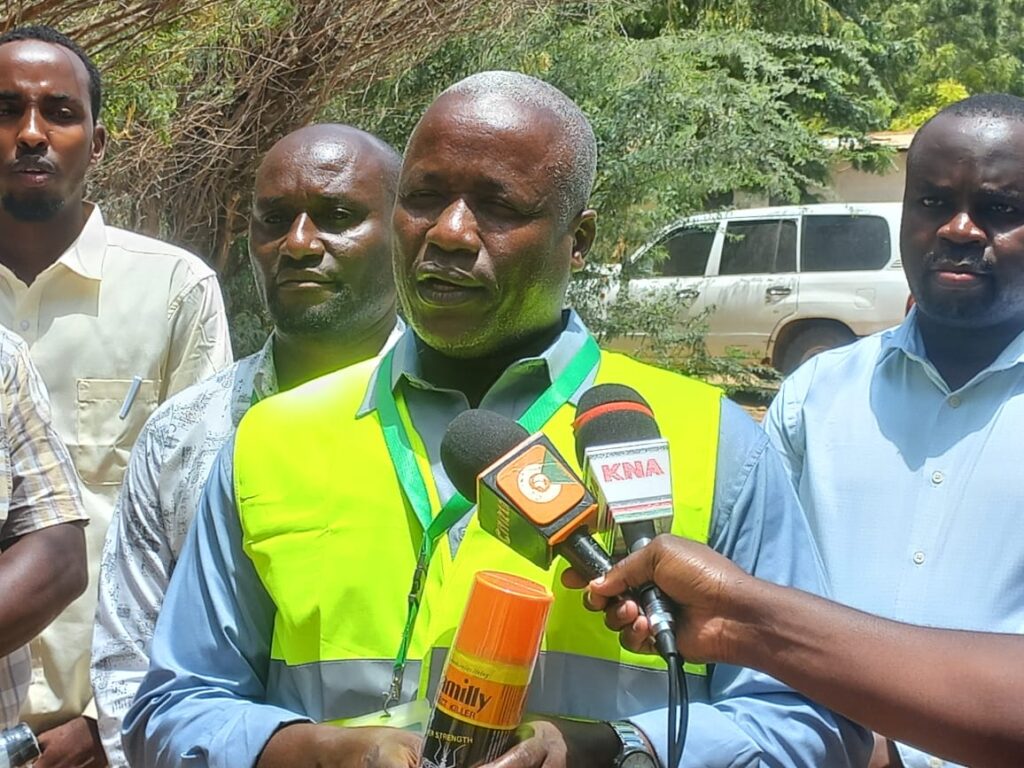Illegal pesticides valued at more than Sh3 million have been confiscated in Garissa following a major crackdown aimed at protecting Kenyan farmers and consumers from harmful products.
The two-day operation targeted traders suspected of smuggling unregistered pesticides through porous borders. Authorities revealed that unscrupulous businesspeople were taking advantage of weak cross-border monitoring systems to flood the local market with unauthorised products from neighbouring countries and beyond.
Officials warned that the use of such products poses serious health and environmental risks. Illegal pesticides often contain unregulated chemical components, which can contaminate food crops, degrade soil fertility, and threaten the health of both farmers and consumers.
The crackdown is part of a broader enforcement effort across the country. Currently, there are at least 42 active court cases involving illegal pesticide trading, with 30 successful prosecutions already concluded. Enforcement officers have reaffirmed their commitment to dismantling networks involved in the illicit trade and holding culprits accountable.
Traders in the pesticides sector are required by law to seek formal registration and permits before engaging in the business. All pesticide products intended for the Kenyan market must undergo inspection and certification, including the placement of safety stickers, before being allowed for sale. Importation is also strictly regulated, with only approved pesticides permitted for entry into the country.
Authorities emphasized that despite these measures, some dealers continue to bypass legal channels by importing banned or counterfeit pesticides from countries such as Uganda, Tanzania, Somalia, and even China. This illegal practice undermines efforts to regulate the sector and places livelihoods at risk.
A stern warning has been issued to all agro-dealers and businesspeople involved in illegal pesticide trading. Those operating without permits or stocking unauthorised products were urged to withdraw them immediately or face legal consequences.
The government has reiterated its commitment to intensifying surveillance and enforcement operations to ensure only safe and approved pesticides are available in the market. Farmers and consumers were also encouraged to remain vigilant and purchase pesticides only from licensed dealers.
The seizure in Garissa marks another significant step in the fight against illegal agricultural inputs, reaffirming the country’s dedication to safeguarding public health and food security.

